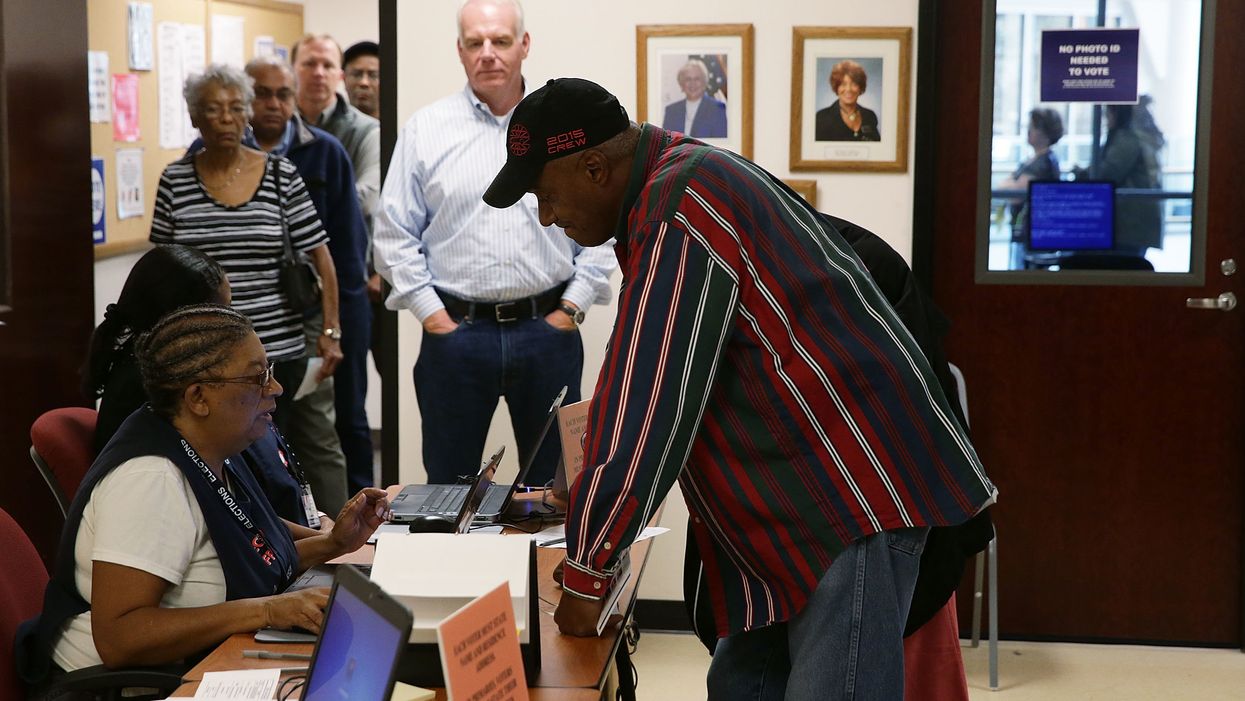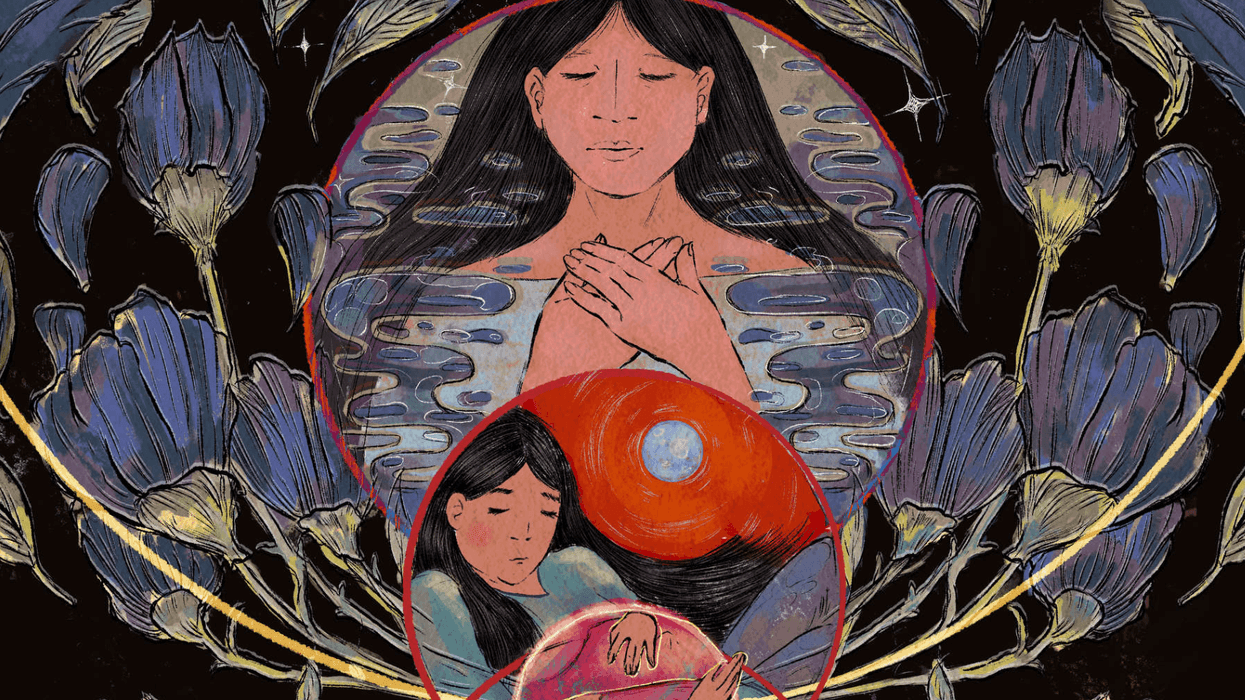Voters in counties that were once under federal oversight because of past election discrimination are being purged from the registration rolls at much higher rates than other counties, according to new research.
The Brennan Center for Justice, in a report released this week, examined the culling of registered voters by state officials across the country in the previous three years. One aim was to see what had happened in the years since the Supreme Court struck down as antiquated the system for deciding which states and counties would require Justice Department approval before making any changes to election procedures – such as purging of voting lists.
This "preclearance" requirement, a central part of the Voting Rights Act of 1965, applied to eight states in the South and parts of six other states where there was a history of racial discrimination in the political process.
The Brennan Center found that 17 million voters were purged nationwide between 2016 and 2018. The purge rate for that period in jurisdictions previously covered by preclearance was 40 percent higher than in those areas not covered by that oversight requirement, researchers found.
The principal stated aim of such purges is to remove duplicates, the dead and people who've moved out of state – all in the name of preventing potential fraud. But the improper removal of properly registered and politically active people has historically been used as a technique to prevent blacks and other minorities from voting.
Heading into the 2020 election, the report calls on election administrators to be "diligent in their efforts to avoid erroneously purging voters."





















